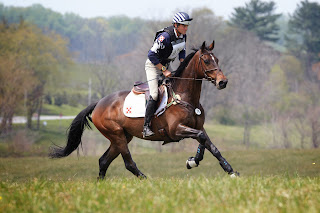Merry Christmas and Happy New Year from Purina!
I love incorporating my animals into holiday cards, and I get asked from time to time how we actually get some of
them done, especially the photos of the pony in Christmas lights and eating the
snowman’s nose. Here are my secrets:
Step one- Delegate: Get your poor husband involved and make him do the heavy
lifting and construction-



